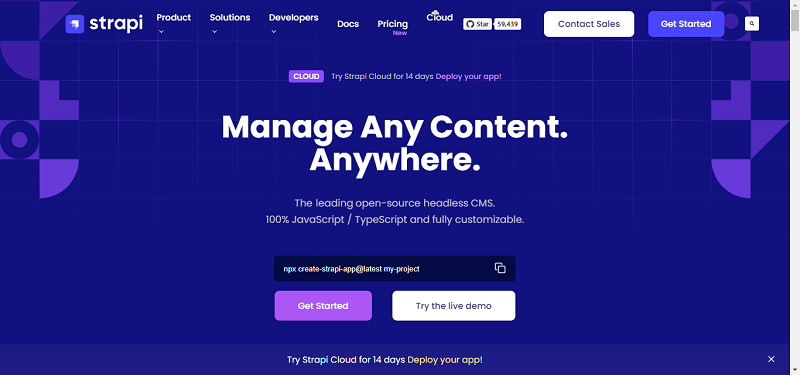Artificial intelligence (AI) has introduced a dynamic shift in various sectors, most notably by deploying autonomous agents capable of independent operation and decision-making. These agents, powered by large language models (LLMs), have significantly broadened the scope of tasks that can be automated, ranging from simple data processing to complex problem-solving scenarios. However, as the capabilities of these agents expand, so do the challenges associated with their deployment and integration.
Within this evolving landscape, a major hurdle has been the efficient management of LLM-based agents. The primary issues revolve around allocating computational resources, maintaining interaction context, and integrating agents with varying capabilities and functions. Traditional approaches often lead to bottlenecks and underutilization of resources, undermining these intelligent systems’ potential efficiency and effectiveness.
A research team from Rutgers University has developed the AIOS (Agent-Integrated Operating System), a pioneering LLM agent operating system designed to streamline the deployment and operation of LLM-based agents. This system is engineered to enhance resource allocation, enable the concurrent execution of multiple agents, and maintain a coherent context throughout agent interactions, optimizing agent operations’ overall performance and efficiency.
AIOS introduces a distinctive architecture that incorporates LLM functionalities directly into the operating system, creating a seamless interface between agents and LLMs. This integration is crucial for managing the complexities inherent in agent operations, especially when dealing with multiple concurrent agent tasks. Key components of AIOS include an Agent Scheduler for prioritizing and scheduling agent requests, a Context Manager for maintaining interaction context, and a Memory Manager that facilitates efficient data access and storage. These modules work in concert to address the core challenges faced in LLM agent deployment, ensuring streamlined execution and optimal use of resources.
The system’s ability to facilitate the concurrent execution of multiple agents significantly reduces waiting times and increases throughput. For instance, implementing FIFO (First-In-First-Out) scheduling algorithms within the Agent Scheduler has been instrumental in balancing resource allocation, leading to a more efficient execution sequence for agent tasks. The Context Manager plays a critical role in preserving the state of ongoing tasks, enabling a pause-and-resume functionality essential for long-running or complex agent interactions.

In conclusion, the AIOS architecture represents a significant leap forward in managing and deploying LLM-based agents. By tackling the key operational challenges head-on, AIOS enhances the efficiency and efficacy of autonomous agents. This research contributes a practical solution to the ongoing challenges of agent integration and resource management and opens new avenues for exploration and development in the broader AI ecosystem. With its robust architecture and successful implementation, AIOS is poised to influence the future trajectory of autonomous agent technology.
Check out the Paper and Github. All credit for this research goes to the researchers of this project. Also, don’t forget to follow us on Twitter. Join our Telegram Channel, Discord Channel, and LinkedIn Group.
If you like our work, you will love our newsletter.
Don’t Forget to join our 39k+ ML SubReddit
![]()
Hello, My name is Adnan Hassan. I am a consulting intern at Marktechpost and soon to be a management trainee at American Express. I am currently pursuing a dual degree at the Indian Institute of Technology, Kharagpur. I am passionate about technology and want to create new products that make a difference.





















